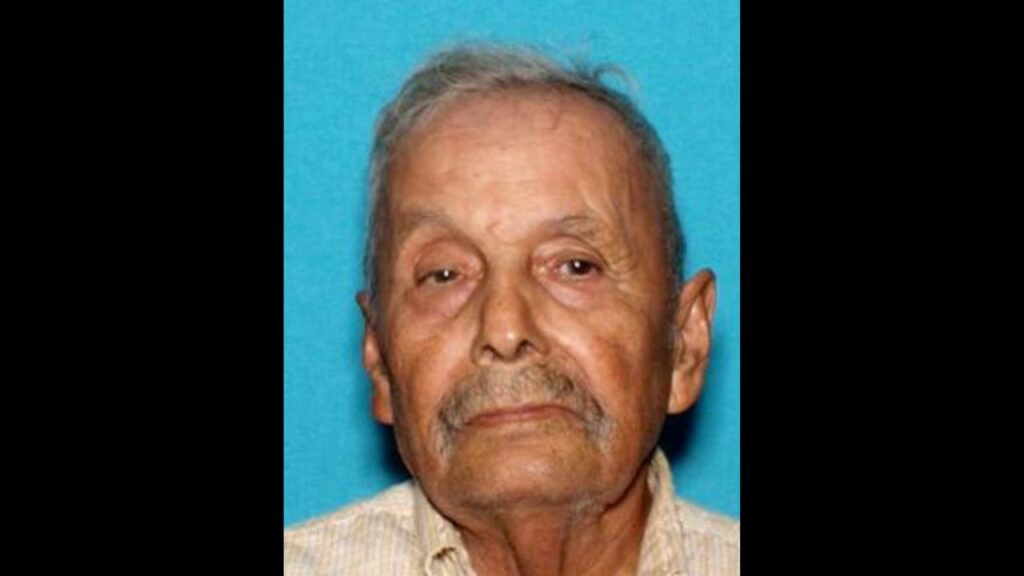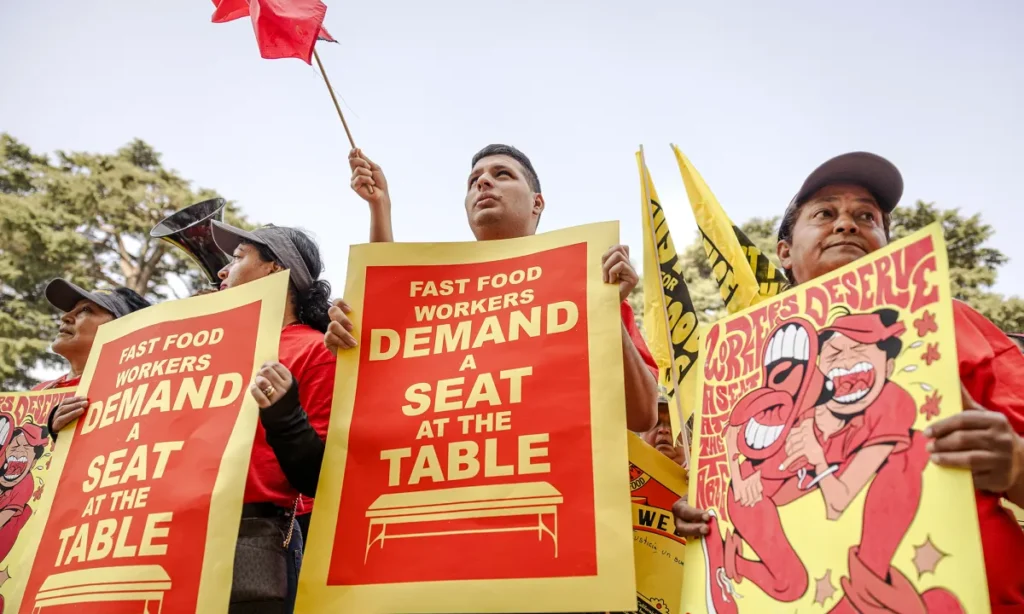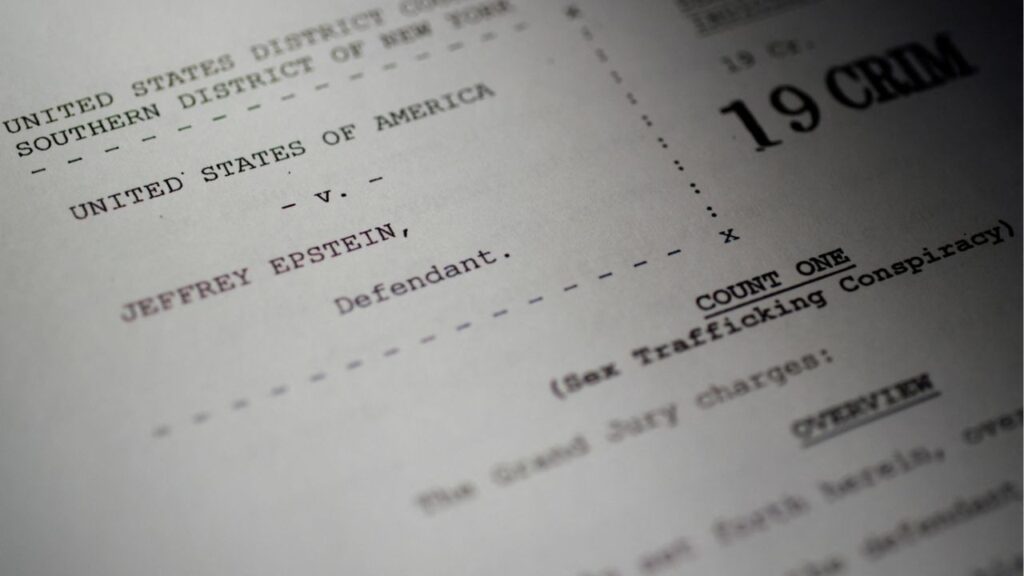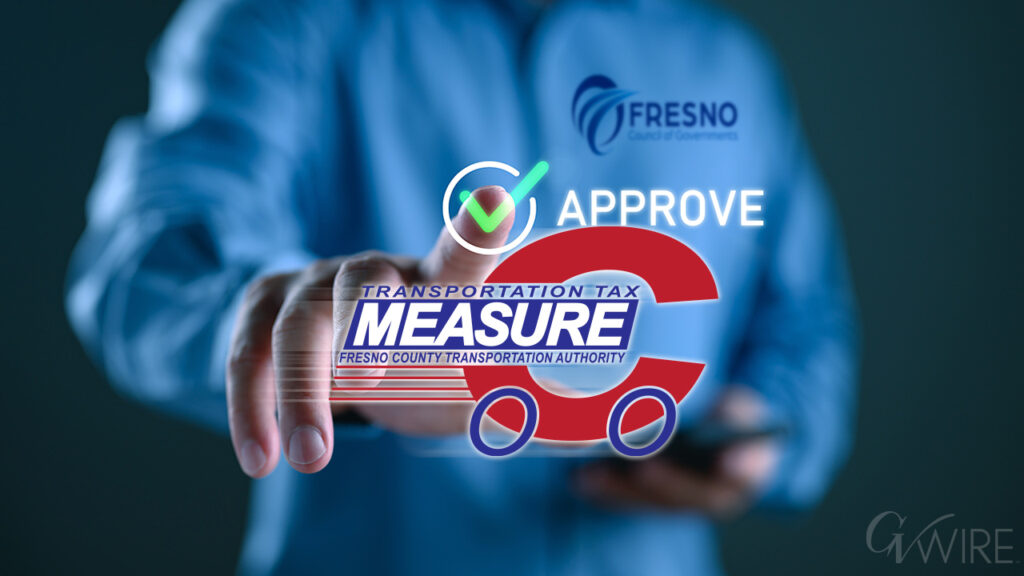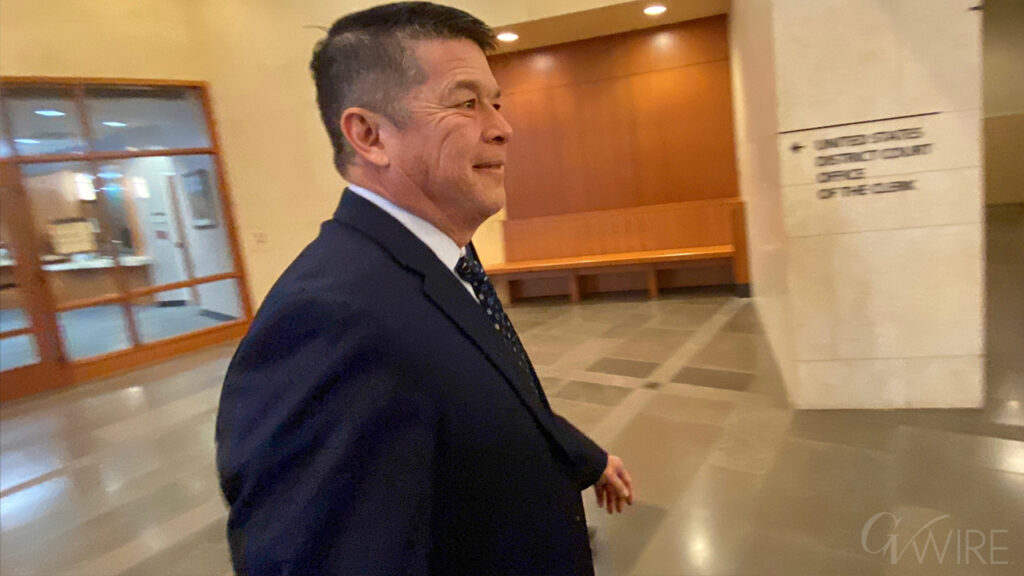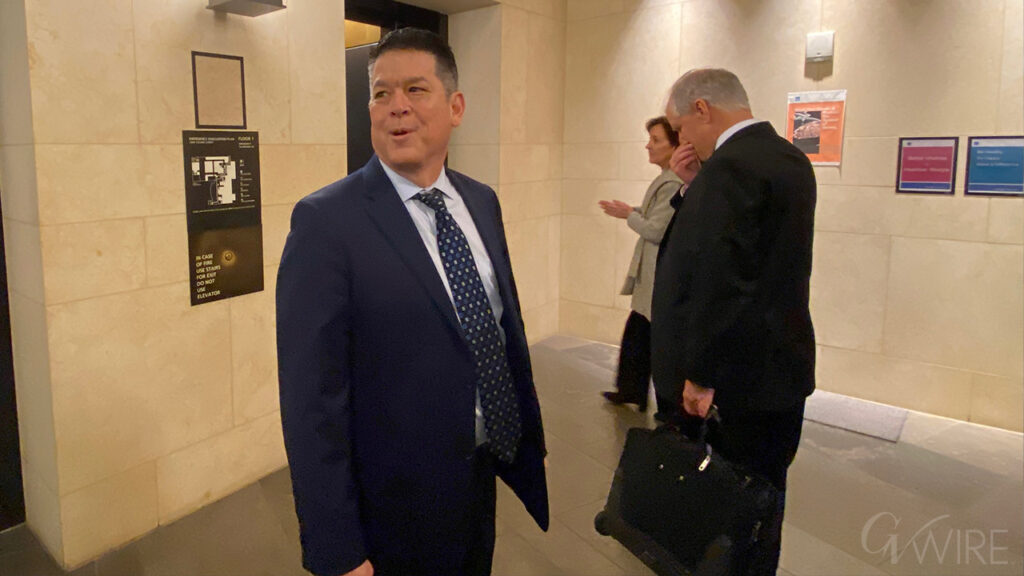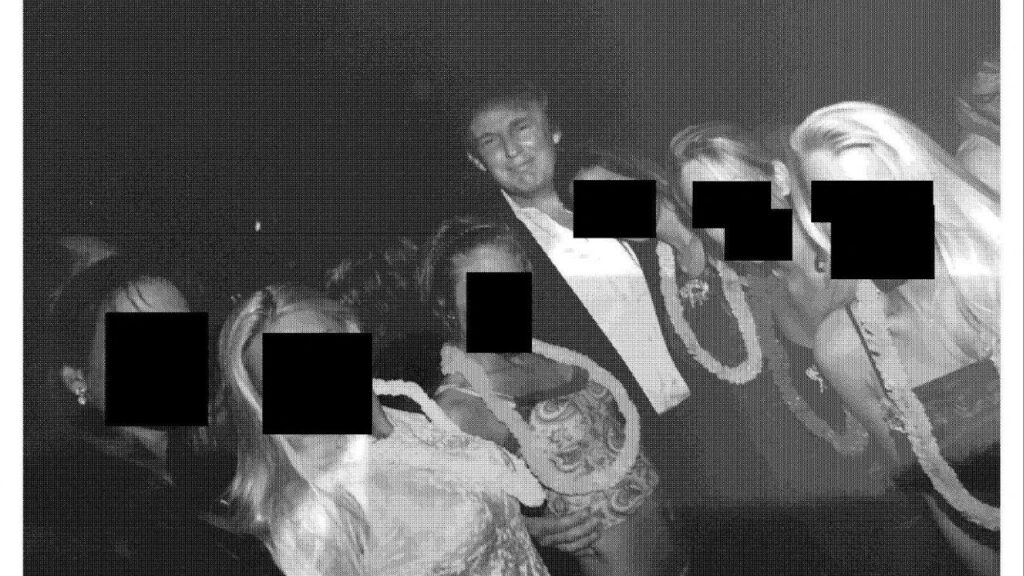
- The U.S. Supreme Court revived a fuel industry lawsuit challenging California’s strict vehicle emissions rules under the federal Clean Air Act.
- In a 7-2 ruling, justices said companies harmed by EPA decisions can’t be barred from court as “unaffected bystanders.”
- The decision reflects the court’s continued skepticism toward expansive federal agency power, particularly in environmental regulation and EPA authority.
Share
|
Getting your Trinity Audio player ready...
|
WASHINGTON – The U.S. Supreme Court sided on Friday with fuel producers that had opposed California’s standards for vehicle emissions and electric cars under a federal air pollution law, agreeing that their legal challenge to the mandates should not have been dismissed.
The justices in a 7-2 ruling overturned a lower court’s decision to dismiss the lawsuit by a Valero Energy subsidiary and fuel industry groups. The lower court had concluded that the plaintiffs lacked the required legal standing to challenge a 2022 U.S. Environmental Protection Agency decision to let California set its own regulations.
“The government generally may not target a business or industry through stringent and allegedly unlawful regulation, and then evade the resulting lawsuits by claiming that the targets of its regulation should be locked out of court as unaffected bystanders,” conservative Justice Brett Kavanaugh wrote for the majority.
Liberal Justices Sonia Sotomayor and Ketanji Brown Jackson dissented from the decision.
Dispute Centers on Exception Granted to California
The dispute centered on an exception granted to California during Democratic former President Joe Biden’s administration to national vehicle emission standards set by the agency under the landmark Clean Air Act anti-pollution law.
Though states and municipalities are generally preempted from enacting their own limits, Congress let the EPA waive the preemption rule to let California set certain regulations that are stricter than federal standards.
The EPA’s 2022 action reinstated a waiver for California to set its own tailpipe emissions limits and zero-emission vehicle mandate through 2025, reversing a 2019 decision made during Republican President Donald Trump’s first administration rescinding the waiver.
Valero’s Diamond Alternative Energy and related groups challenged the reinstatement of California’s waiver, arguing that the decision exceeded the EPA’s power under the Clean Air Act and inflicted harm on their bottom line by lowering demand for liquid fuels.
The U.S. Court of Appeals for the District of Columbia Circuit threw out the lawsuit in 2024, finding that the challengers lacked the necessary standing to bring their claims because there was no evidence that a ruling in their favor might affect the decisions of auto manufacturers in a way that would result in fewer electric and more combustion vehicles to be sold.
California Received More Than 100 Waivers
California, the most-populous U.S. state, has received more than 100 waivers under the Clean Air Act.
The Supreme Court, which has a 6-3 conservative majority, has taken a skeptical view toward broad authority for federal regulatory agencies and has restricted the powers of the EPA in some important rulings in recent years.
In 2024, the court blocked the EPA’s “Good Neighbor” rule aimed at reducing ozone emissions that may worsen air pollution in neighboring states. In 2023, the court hobbled the EPA’s power to protect wetlands and fight water pollution. In 2022, it imposed limits on the agency’s authority under the Clean Air Act to reduce coal- and gas-fired power plant carbon emissions.
—
(Reporting by Andrew Chung; Editing by Will Dunham)







